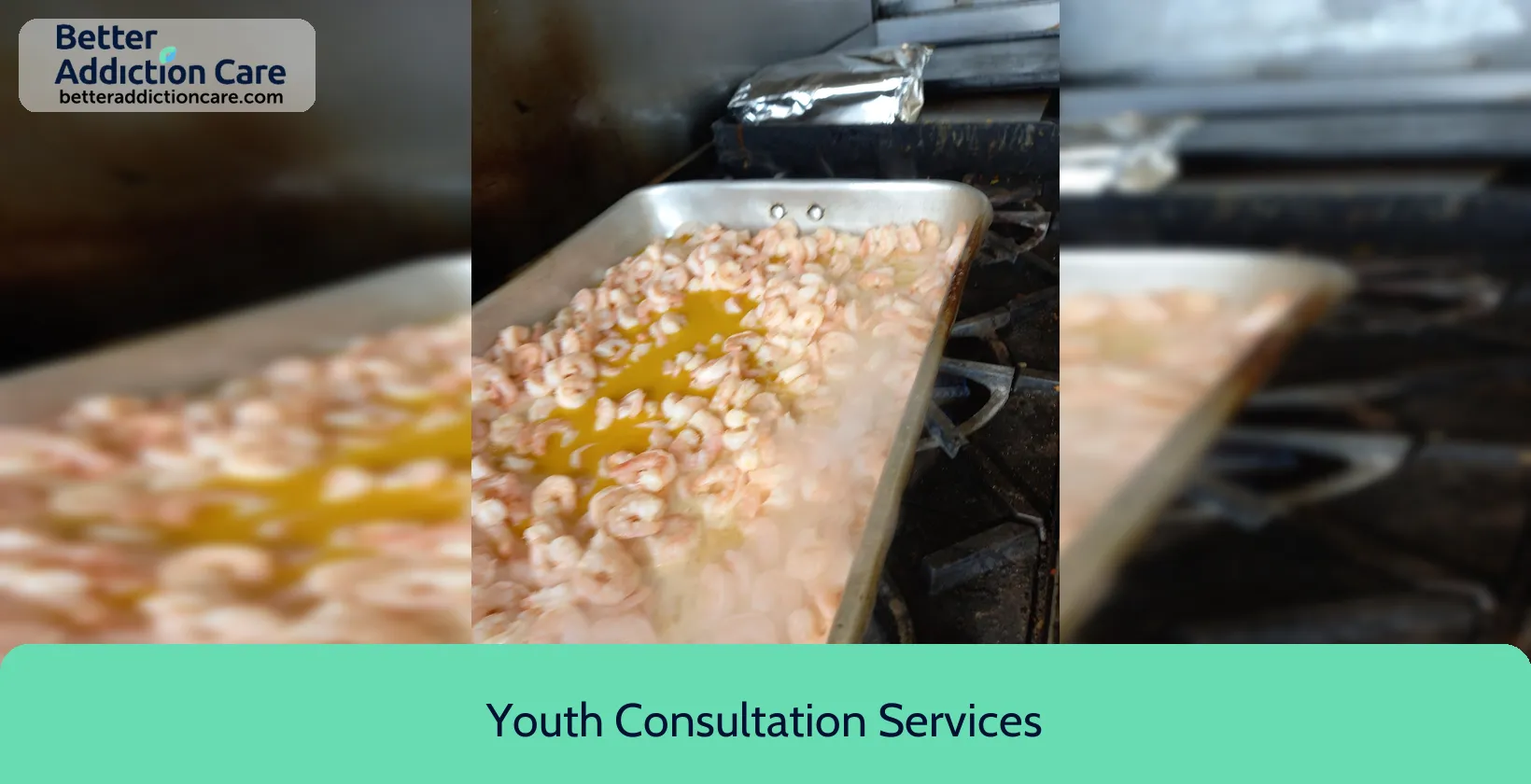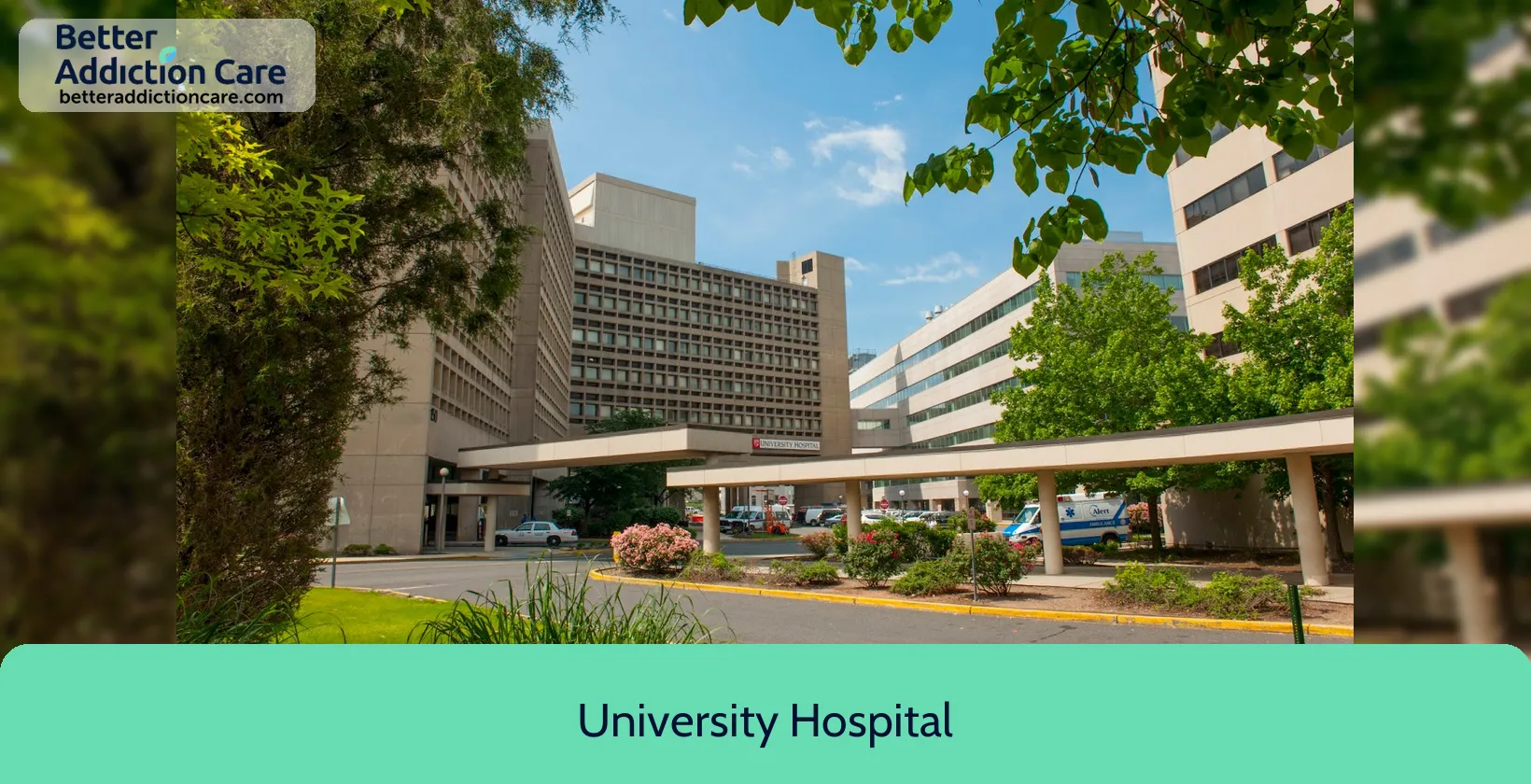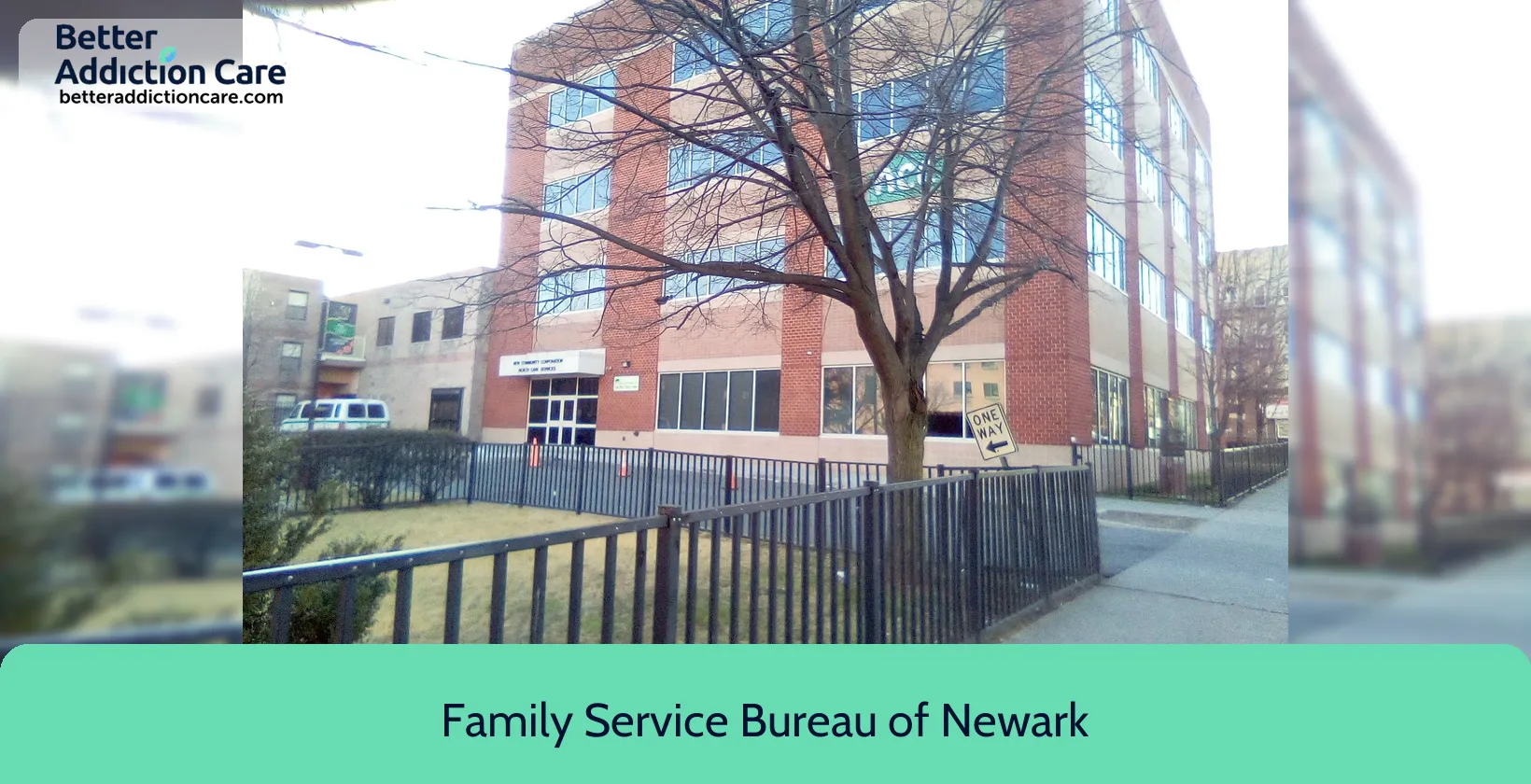New Directions Behavioral Health

Overview
Found in Newark, New Jersey, New Directions Behavioral Health Center offers a whole spectrum of treatments for those suffering with drug use problems. Offering flexible and individualized treatment to fit every client, the institution serves adult men and women recovering from addiction. New Directions guarantees inclusiveness for all clients by not emphasizing faith-based or gender-specific initiatives.
To help long-term rehabilitation, the institution provides outpatient programs (OP), intensive outpatient programs (IOP), and aftercare services. At New Directions, treatment approaches comprise individual, group, and family therapy as well as couples counseling and instructional programs. To enable people on their path to rehabilitation, the facility also includes self-help initiatives. New Directions Behavioral Health Center is famous for its Employee Assistance Program (EAP), which guarantees a comprehensive approach to rehabilitation going beyond treatment by helping companies assist their workers through mental health and addiction treatments.
New Directions Behavioral Health at a Glance
Payment Options
- Access to Recovery (ATR) Voucher
- 638 contracts
- Medicaid
- Private health insurance
- Cash or self-payment
Assessments
- Comprehensive mental health assessment
- Comprehensive substance use assessment
Age Groups
- Adults
- Young adults
Operation
- Private for-profit organization
Highlights About New Directions Behavioral Health
6.74/10
With an overall rating of 6.74/10, this facility has following balanced range of services. Alcohol Rehabilitation: 8.00/10, Drug Rehab and Detox: 6.31/10, Insurance and Payments: 6.53/10, Treatment Options: 6.12/10.-
Alcohol Rehabilitation 8.00
-
Insurance and Payments 6.53
-
Drug Rehab and Detox 6.31
-
Treatment Options 6.12
Treatment At New Directions Behavioral Health
Treatment Conditions
- Mental health treatment
- Alcoholism
- Opioid Addiction
- Substance use treatment
- Co-occurring Disorders
Care Levels
- Intensive outpatient treatment
- Detoxification
- Outpatient
Treatment Modalities
- Group counseling
- Individual psychotherapy
Get Help Now
Common Questions About New Directions Behavioral Health
Contact Information
Other Facilities in Newark

6.80

7.20

7.22

6.68

6.68

7.12

7.37

6.97
DISCLAIMER: The facility name, logo and brand are the property and registered trademarks of Integrity House 99 Lincoln Park, and are being used for identification and informational purposes only. Use of these names, logos and brands shall not imply endorsement. BetterAddictionCare.com is not affiliated with or sponsored by Integrity House 99 Lincoln Park.
